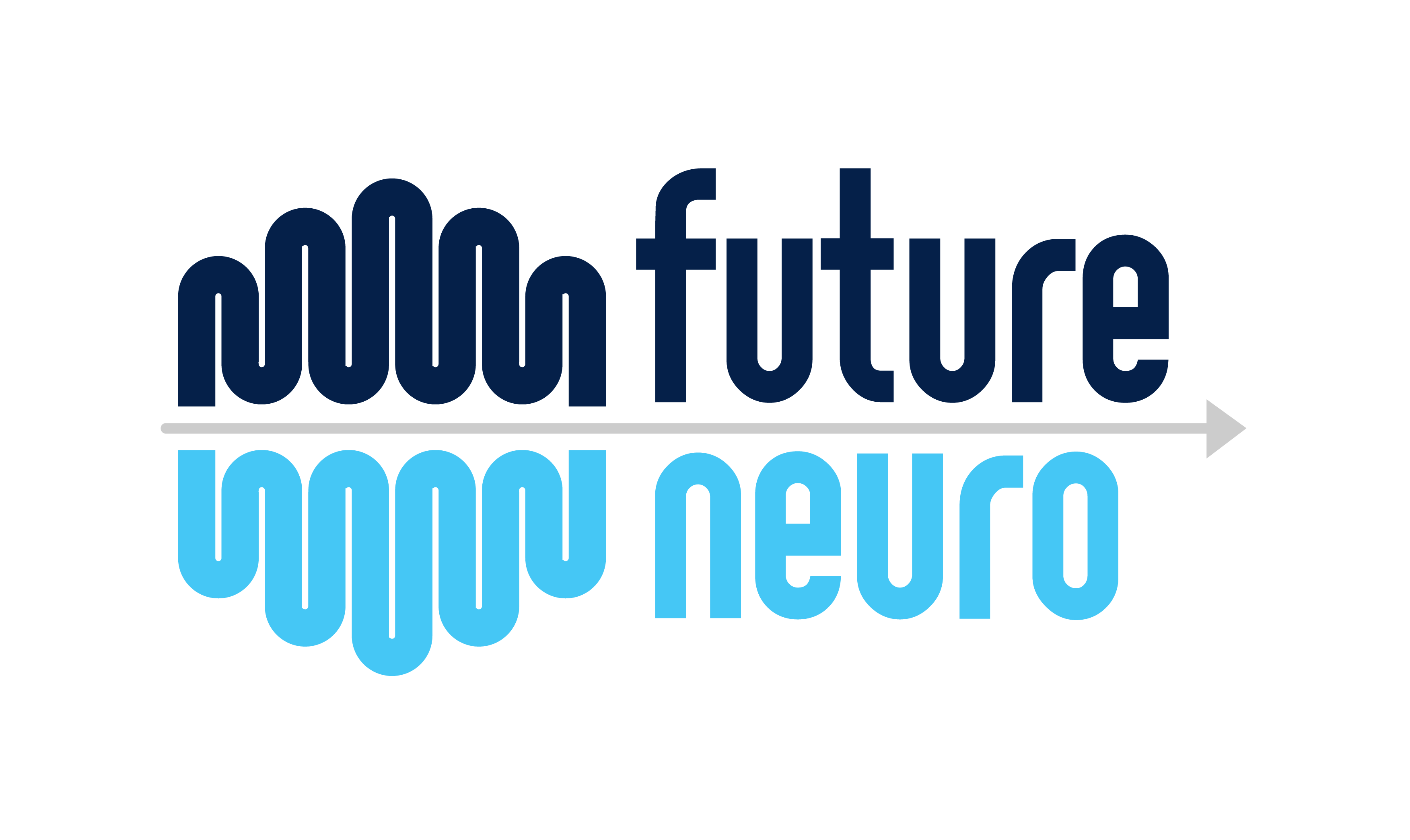Tobias Engel, Raquel Gómez-Sintes, Mariana Alves, Eva M. Jimenez-Mateos, Marta Fernández-Nogales, Amaya Sanz-Rodriguez, James Morgan, Edward Beamer, Alberto Rodríguez-Matellán, Mark Dunleavy, Takanori Sano, Jesus Avila, Miguel Medina, Felix Hernandez, José J. Lucas & David C. Henshall
https://doi.org/10.1038/s41419-018-0963-5
Glycogen synthase kinase-3 (GSK-3) is ubiquitously expressed throughout the brain and involved in vital molecular pathways such as cell survival and synaptic reorganization and has emerged as a potential drug target for brain diseases. A causal role for GSK-3, in particular the brain-enriched GSK-3β isoform, has been demonstrated in neurodegenerative diseases such as Alzheimer’s and Huntington’s, and in psychiatric diseases. Recent studies have also linked GSK-3 dysregulation to neuropathological outcomes in epilepsy. To date, however, there has been no genetic evidence for the involvement of GSK-3 in seizure-induced pathology. Status epilepticus (prolonged, damaging seizure) was induced via a microinjection of kainic acid into the amygdala of mice. Studies were conducted using two transgenic mouse lines: a neuron-specific GSK-3β overexpression and a neuron-specific dominant-negative GSK-3β (GSK-3β-DN) expression in order to determine the effects of increased or decreased GSK-3β activity, respectively, on seizures and attendant pathological changes in the hippocampus. GSK-3 inhibitors were also employed to support the genetic approach. Status epilepticus resulted in a spatiotemporal regulation of GSK-3 expression and activity in the hippocampus, with decreased GSK-3 activity evident in non-damaged hippocampal areas. Consistent with this, overexpression of GSK-3β exacerbated status epilepticus-induced neurodegeneration in mice. Surprisingly, decreasing GSK-3 activity, either via overexpression of GSK-3β-DN or through the use of specific GSK-3 inhibitors, also exacerbated hippocampal damage and increased seizure severity during status epilepticus. In conclusion, our results demonstrate that the brain has limited tolerance for modulation of GSK-3 activity in the setting of epileptic brain injury. These findings caution against targeting GSK-3 as a treatment strategy for epilepsy or other neurologic disorders where neuronal hyperexcitability is an underlying pathomechanism.

